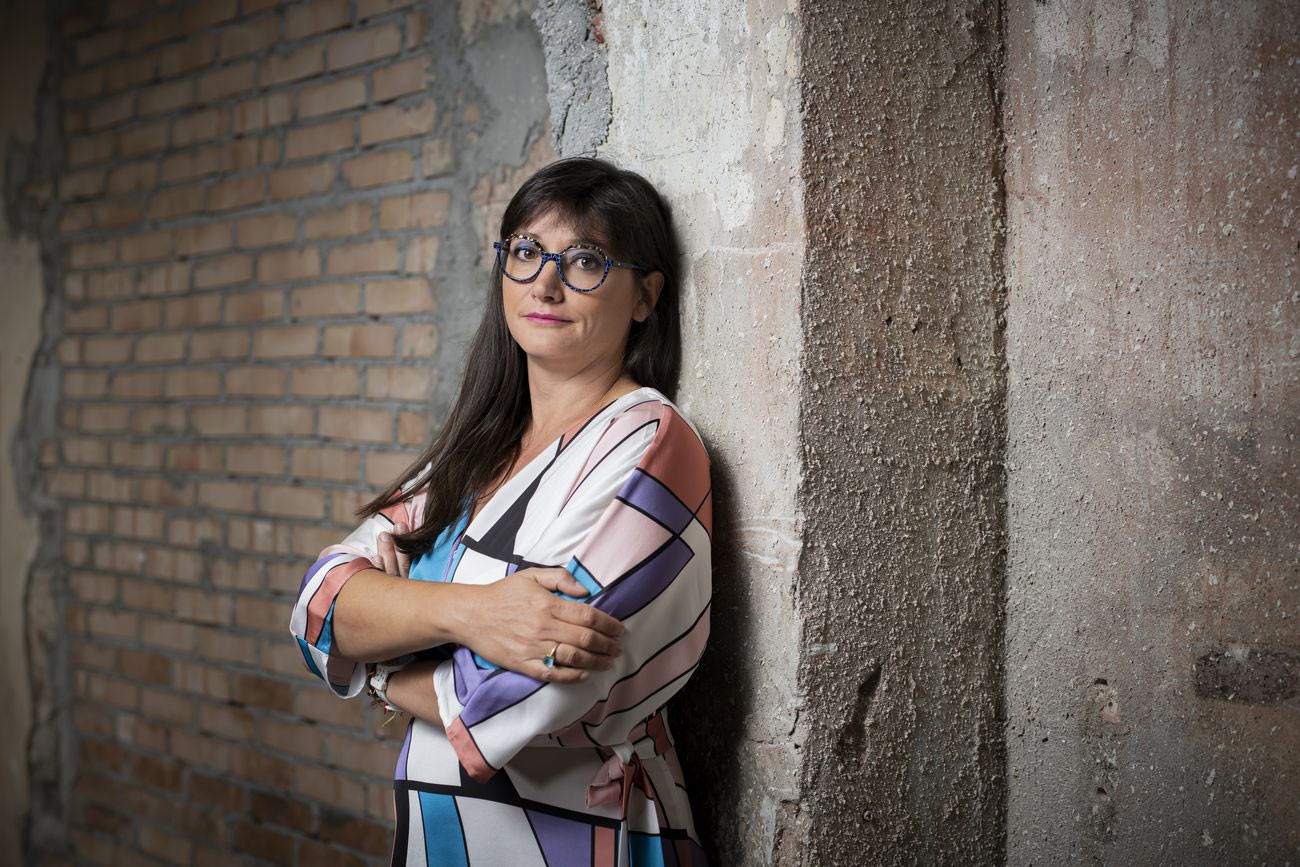The National Museum of Digital Art finally has its first director: she is Ilaria Bonacossa, an art historian who in recent years has been linked to the contemporary art fair Artissima in Turin. She was appointed yesterday along with the five new directors of the autonomous museums, beating off competition in the final trio from Giulia Bini and Simone Arcagni. A director for a museum-which is not there.
In fact, the Ministry of Culture presents the National Museum of Digital Art as an institute that “will be dedicated to the production and presentation of digital content, playing a strategic role in the contemporary cultural scenario, which is increasingly digitized, connected and globalized, in which the very notion of work and audience is inevitably evolving.” However, as we noted on these pages in late September, the museum, whose birth was announced on June 24, is currently a mysterious object, since its design is unknown, it is not given what works it will contain and how it will be organized, nor how it will interact with its location, the former Albergo Diurno Venezia in Piazza Oberdan, an Art Deco jewel that has been in a state of semi-decay for a decade. It is to be hoped that in the coming days the project can be better presented to the public and insiders.
Ilaria Bonacossa, from Milan, born in 1973, will thus have the task of shaping the museum. A contemporary art historian, Ilaria Bonacossa, after classical studies at the Liceo Tito Livio in Milan, graduated in contemporary art history at the Statale di Milano with a thesis on Italian painters in the Goupil archives in Bordeaux, and then attended from 1998 to 2002 the School of Specialization in Art History also at the Statale di Milano. For her also a Master’s degree in Curatorial Studies of Contemporary Art at Bard College in New York, obtained with highest honors.
Precisely at Bard College, Bonacossa curated her first exhibition, Leggerezza. An alternative History of Italian art, held in 2001. He has curated several exhibitions, including solo shows of Tomás Saraceno, Marzia Migliora, Flavio Favelli, Kees Goudswaard, Ian Kiaer and many others. A worked at different structures: after internships at Christie’s and at the Guggenheim in New York, she was for two years at the Luhring Augustine gallery in London and then became assistant curator at the Fondazione Sandretto Re Rebaudengo in Turin, of which she then became curator and coordinator in 2005. She has since collaborated in the organization of numerous international events. After her experience in Turin, she was Artistic Director of the Villa Croce Museum in Genoa from 2012 to 2017 and has been curator of the permanent contemporary art installations of Antinori Art Projects since 2014. In 2013 she curated the Icelandic Pavilion at the Venice Biennale and even before that, in 2007, she was a member for the Jury for the Golden Lion. She was also a member of the technical committee for acquisitions of FRAC Provence-Alpes Côte d’Azur in Marseille, the steering committee of PAC in Milan, and director of the international Artist’s Pension Trust program. Finally in 2017 she was appointed as director of Artissima, which she led until 2021. She has also been a contributor for contemporary art for Mousse magazine since 2006, and has also signed a number of contributions for Finestre Sull’Arte, both online and in print.
Pictured: Ilaria Bonacossa. Photo by Giorgio Perottino
 |
| Who is Ilaria Bonacossa, new director of the Museum of Digital Art, the museum that isn't there |
Warning: the translation into English of the original Italian article was created using automatic tools. We undertake to review all articles, but we do not guarantee the total absence of inaccuracies in the translation due to the program. You can find the original by clicking on the ITA button. If you find any mistake,please contact us.